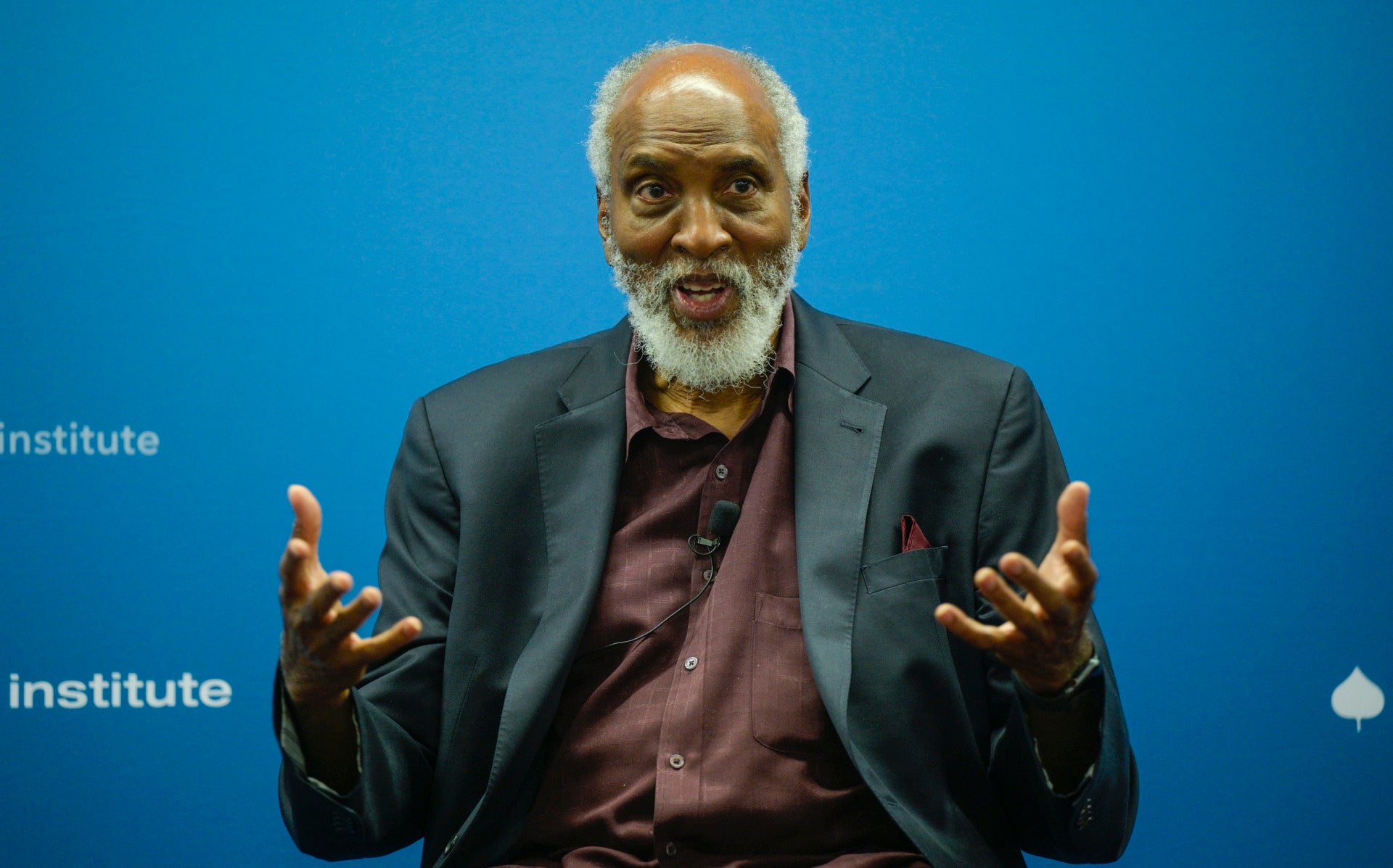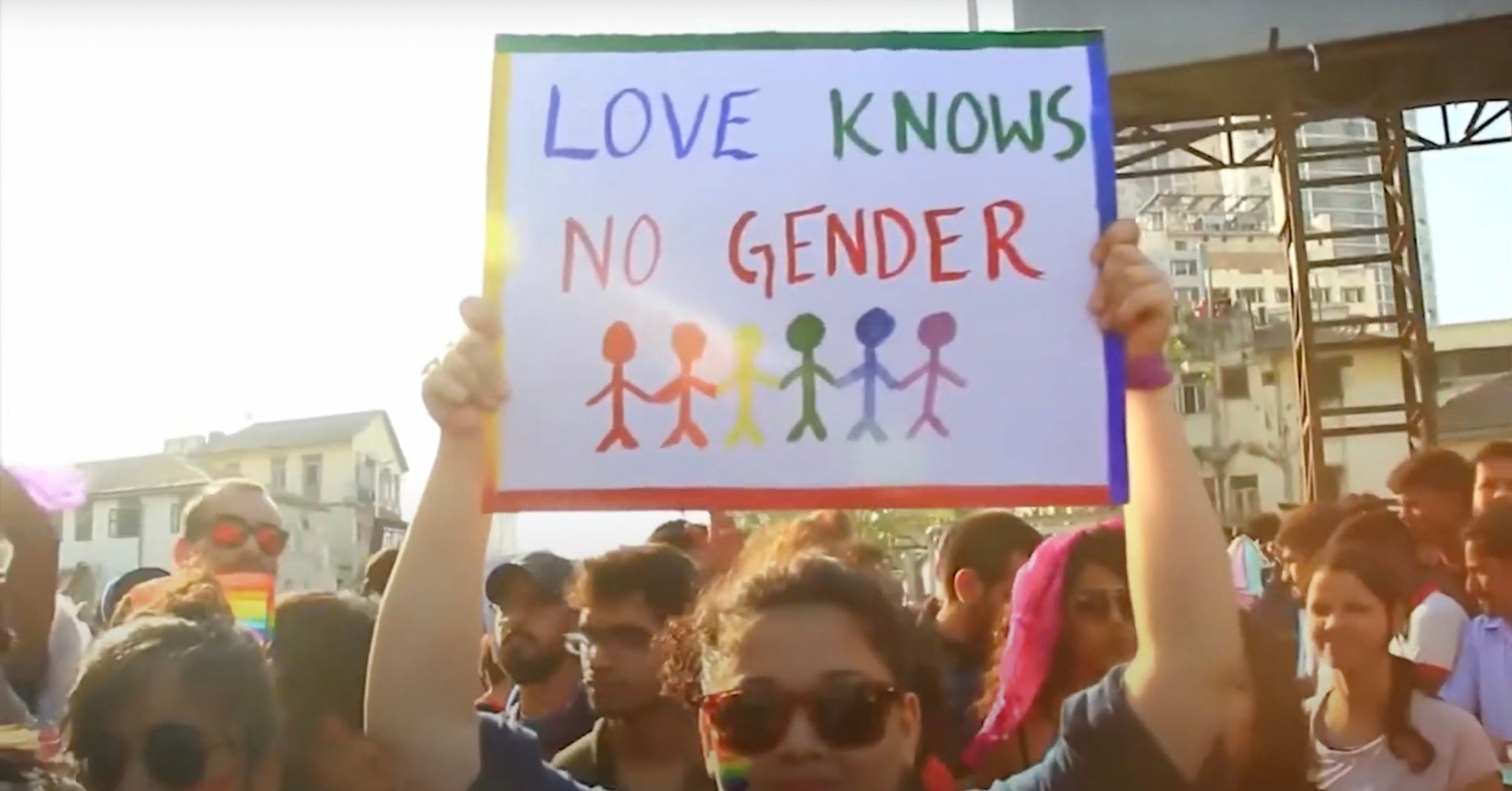US Citizenship and Immigration Services issued a press release in July announcing a “plan to improve the naturalization test.” The initiative, first outlined in a recent UCIS memorandum, emphasizes the need to update the civics component of the exam – revised about a decade ago. USCIS is also formalizing a policy to update the test every ten years. If all goes to plan, future revisions should roughly coincide each decade with the census.
During a naturalization interview, candidates must correctly answer six questions about the US government, American history, and a category called “integrated civics,” an awkward umbrella for questions about geography, “symbols” (the flag and national anthem), and federal holidays. These are drawn exclusively from an official list of 100 questions.
This list, the result of seven years and $6.5 million of development, debuted in September 2007 as part of the exam’s most recent revision. Today it is available online, along with approved answers.
Naturalization test questions are straightforward in some cases (such as question 21, “The House of Representatives has how many voting members?”), but less so in others. Question 74, for example, asks potential citizens to “Name one problem that led to the Civil War,” permitting three authorized answers: “slavery,” “economic reasons,” or “states’ rights.”
Versions of citizenship tests have existed in the US since the early twentieth century, though in the early days examiners were given a suspiciously great deal of leeway. Tests were administered directly to immigrants arriving at American ports and were notorious for trivial and trick questions: “How high is the Bunker Hill monument?” “How many stars are there on a quarter” (the correct answer depended on the quarter).
As the century wore on and demonstrable knowledge of civics and history became a formal requirement of naturalization (in 1950), immigrants’ knowledge about the US came to be seen as a proxy measure for the strength of their emotional and ideological bonds to the country. Today it remains UCIS policy that “An applicant for naturalization must show that he or she has been and continues to be a person attached to the principles of the Constitution of the United States and well disposed to the good order and happiness of the United States.” Like the rest of the naturalization process, the civic test is designed largely to force a candidate to perform “attachment” to the Constitution and good “disposition” toward the United States. What it really tests is familiarity with, and willingness to repeat the official civic narrative.
With just 100 questions fair game, how else can you account for the inclusion of number 68, “What is one thing Benjamin Franklin is famous for?” One approved answer is “writer of ‘Poor Richard’s Almanac’”—hardly a point on the same order as the reasons for the Civil War. But the objective here is not for immigrants to demonstrate knowledge of 18th century literary history; it is to assure their reverence for the cult of the Founding Fathers.
The naturalization test – especially the civics portion of it – is overdue not just for a revision, but for an overhaul. But that overhaul needs to take place with a degree of thoughtfulness and participation that far transcends the personnel of UCSIS. This planned revision should be the start of a national conversation. What are we really testing? What is the best way to test it? Should there be a test at all?
One potential model for this work is the “What Every American Should Know” initiative of the Aspen Institute Citizenship and American Identity Program. The groundwork for this initiative was laid in an 2015 essay in Democracy by the Aspen Institute’s Eric Liu, in which Liu argued that “cultivating a shared cultural core is more important than ever.” One of the projects under the umbrella of the initiative has been the crowd-sourcing lists of the ten “items” (people, concepts, events, etc.) that every twenty-first American should know.
The current list of most popular answers includes some terms well in line with the civics test as it stands: US Constitution (1), Declaration of Independence (6), US Civil War (8). Other entries—September 11, 2001 (3), Immigration to the United States (4), and White Privilege (10)—show just how out of step the test currently is with the points of knowledge that actual residents of this country, people undoubtedly “well disposed to the good order and happiness of the United States,” consider foundational for informed citizenship.
It is a shame that the exam’s next iteration will be determined by an administration so committed to a radically outdated and exclusionary national narrative (the current acting director of UCSIS, Ken Cuccinelli, is hardline immigration restrictionist). I see it as an obligation of citizenship that those of us with a different story in mind, one in which white privilege plays a more important role than “Poor Richard’s Almanac,” keep a close watch on the revision process. The civics portion of the naturalization test is the single most concrete expression of the government’s official definition of what defines us as Americans. That is a great irony, given that most Americans do not know the exam’s contents, and many do not know it exists.
Back when I tutored citizenship candidates in Rhode Island, I liked to spring questions from the civics exam on unwitting (citizen) friends. When I once asked one, “what is the supreme law of the land” (question 1), he panicked and blurted, “E pluribus unum!” The Constitution is the only admissible answer on the exam, but there was something to admire in my friend’s “mistake.”
When I quizzed another on who wrote the Federalist Papers (question 67) he answered without skipping a beat: Alexander Hamilton, James Madison, and John Jay. Amazed at his speed and confidence I asked, “why do you know that?”
As it sets out to redraft a blueprint of American identity and belonging, UCSIS would do well to takes the reason to heart: “that’s in Hamilton!”
Johanna Hanink is an associate professor of classics at Brown University and a partner of the Citizenship and American Identity Program.

